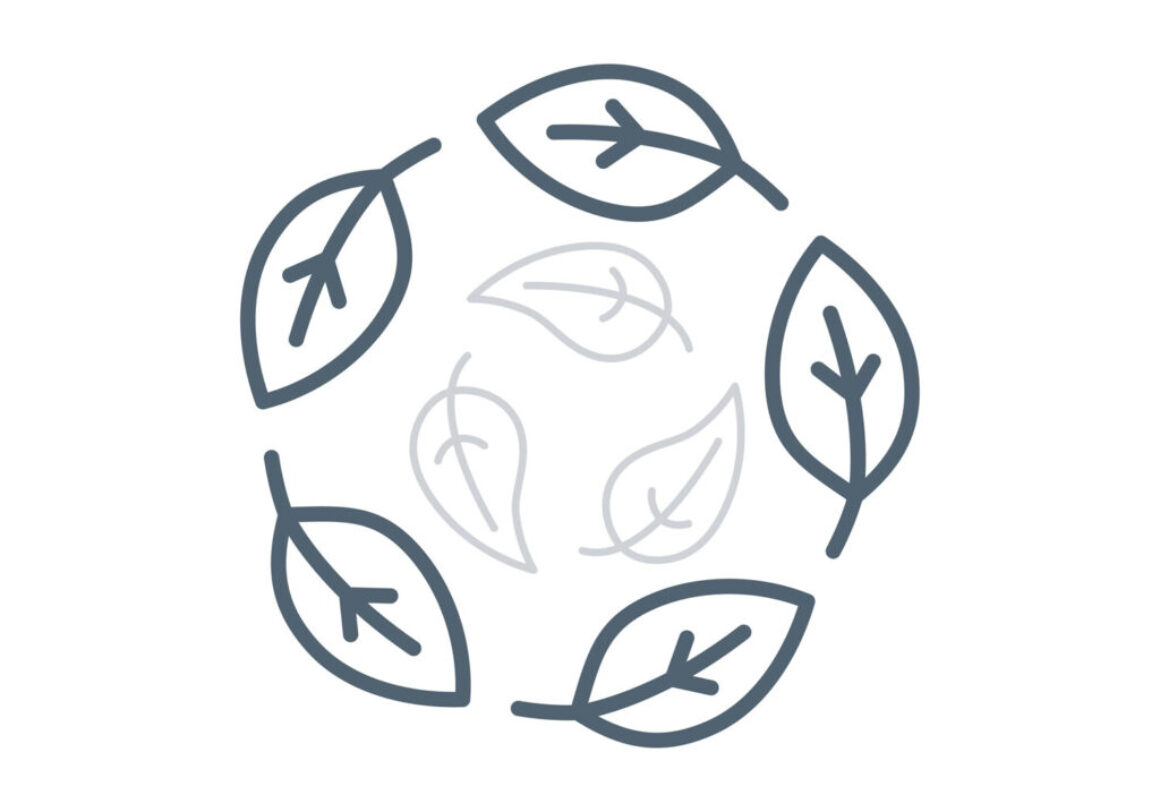The circular economy is a production and consumption model that involves sharing, lending, reusing, repairing, reconditioning and recycling existing materials and products for as long as possible.
This extends the life cycle of products, helping to minimize waste. In fact, once the product has completed its function, the materials from which it is made are reintroduced into the economic cycle wherever possible. Thus they can be continuously reused within the production cycle, generating additional value.
Source:
European Parliament, “Circular Economy: definition, importance and benefits”, updated on 21-04-2022, REF: 20151201STO05603, taken from: www.europarl.europa.eu


